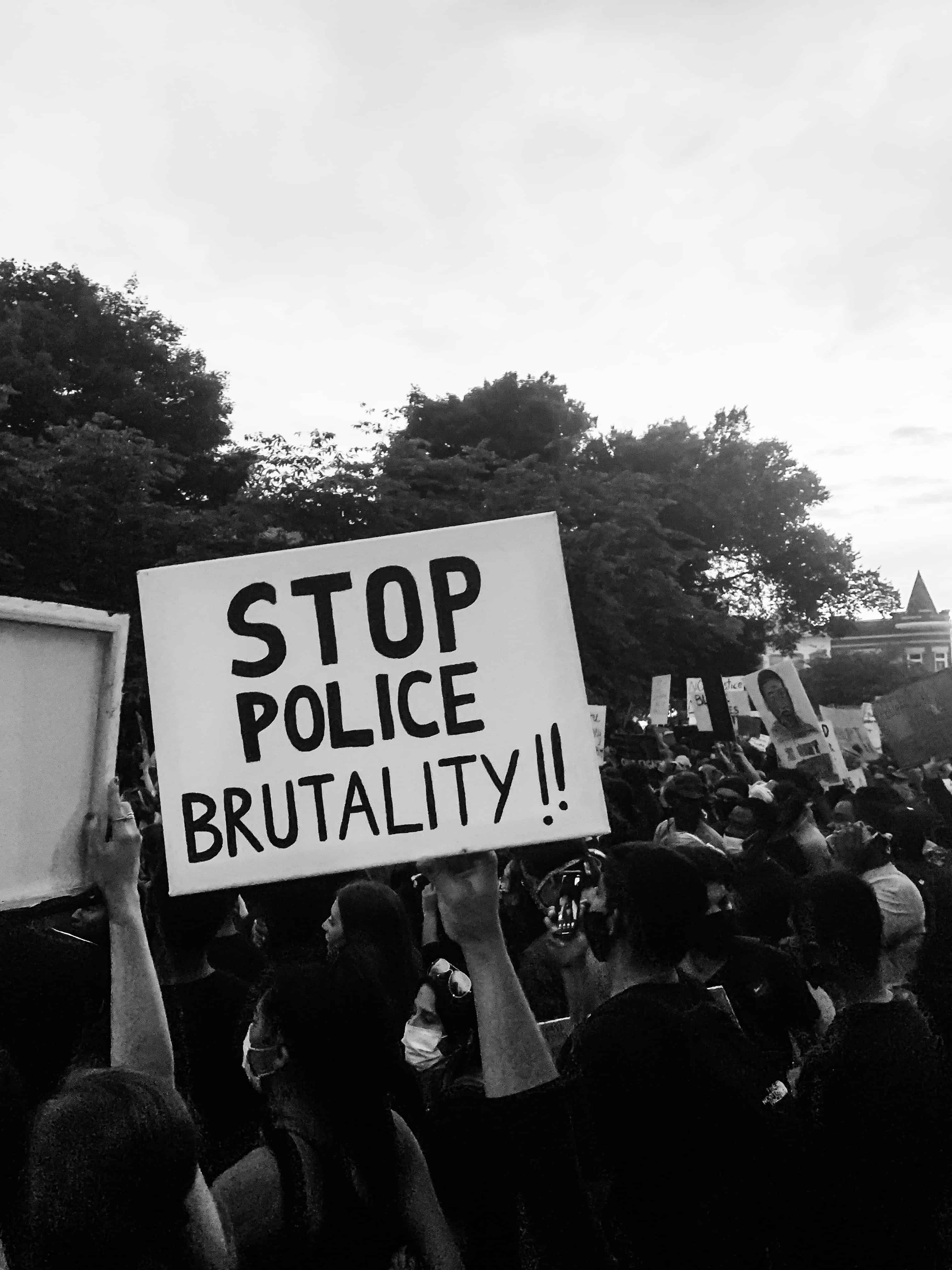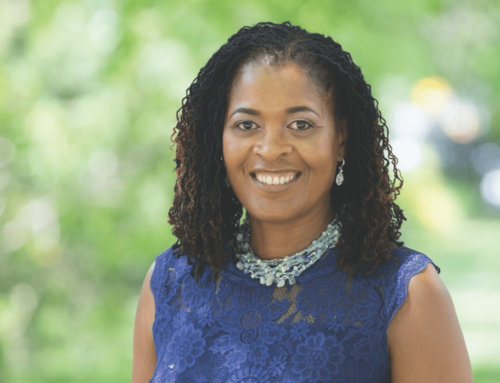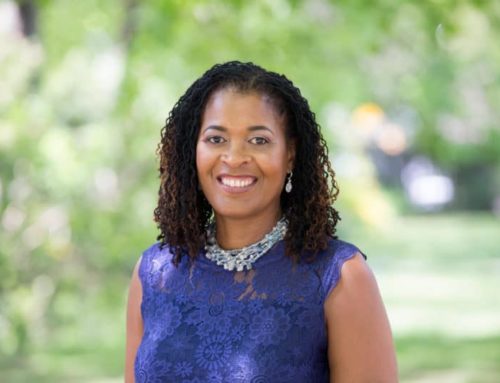The recent tragic killings of Black and Indigenous people in encounters with the police have again come to the forefront of public discussion, protest, and community action. In Canada, we sadly remember Chantel Moore, Regis Korchinski-Paquet, Caleb Tubila Njoko, and D’Andre Campbell, all killed this year in the course of police wellness checks. Many others were killed before that. And the experience of many more people have not entered public consciousness as they did not die. Still, they were scrutinized, targeted, harassed, and attacked in police encounters.
It is becoming astoundingly clear that these cases follow a familiar pattern because they are not simply the result of the actions of individual police officers. The behaviours of individual officers are grounded in police policies, practices, and institutional culture. And the law enforcement system in every province and territory is rooted in Canada’s colonial history and its longstanding racist power imbalances. It is in this colonial context that Indigenous and Black individuals and communities are not afforded the safety, respect, freedom, and care that is their right, where they experience high levels of discrimination and difficult economic, social, and health outcomes.
It is in this context that people are not equally served and protected by the police.
This reality has led to terrible consequences. For Black and Indigenous women and girls and Two Spirit, trans, and non-binary people, it means they cannot safely call the police when they need help. There is no escape from abusive situations while they are simultaneously targeted by police as threats and living at high risk of gender-based violence. For Black and Indigenous mothers and caregivers, it means they carry a great weight of anxiety, grief, and care work for their children, families, and communities. For Black and Indigenous girls and young people, it means they are too often unsupported in schools and public spaces and actively criminalized.
For the lives of Black and Indigenous women and girls and Two Spirit, trans, and non-binary people to be upheld in Canada—for their lives to truly matter—police maltreatment and brutality and systemic racism must come to an end.
We feel outrage, anger, and deep frustration. There have been numerous studies, investigations, and inquiries about what needs to happen with too many unfulfilled recommendations. This is not enough! It has long been clear that we need community-led police accountability and oversight, performance measures based on how the most marginalized community members are served and protected, and financial consequences for poor institutional performance, in addition to criminal consequences for institutional perpetrators. Instead of committing billions of dollars to police and prisons, we must prioritize proactive community-based crime intervention and prevention efforts that are proven to work.
The Canadian Women’s Foundation has a unique role to play as Canada’s public foundation for gender equality. As feminist Black women leaders serving as President and CEO and Chair of the Board of Directors, we are highly committed to the intertwined journey toward gender and racial justice. The Canadian Women’s Foundation will:
- ensure our funding continues to centre on women and girls and Two Spirit, trans, and non-binary people who are most marginalized and impacted by systemic racism;
- monitor and evaluate our granting approach to ensure we support Black and Indigenous-led programs and organizations;
- continue learning and acting on our commitment to equity and truth and reconciliation;
- use our organizational voice to promote police accountability and anti-racist systems transformation in law enforcement; and
- explore innovative approaches and partnerships to move more philanthropy and government support to anti-racism initiatives in Canada.
Paulette Senior
President and CEO
Canadian Women’s Foundation
Angela Johnson
Chair, Board of Directors
Canadian Women’s Foundation







